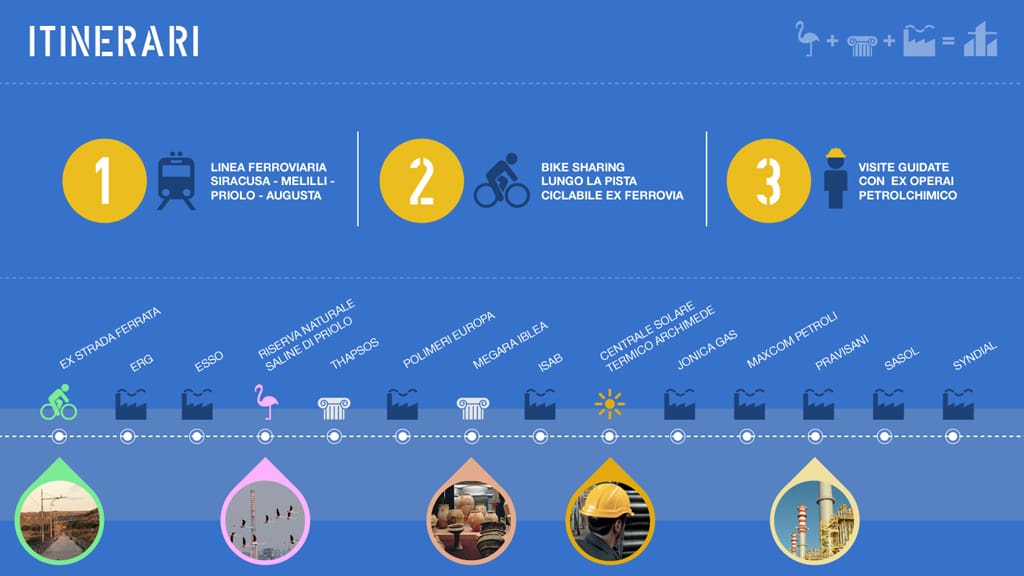The Comune dei Popoli project co-financed by the European Union is part of the Asylum, Migration and Integration Fund (FAMI) 2014-2020 program. The partnership, led by the City of Siracusa, is formed by Impact Hub Siracusa, Accoglierete, ARCI Siracusa, C.PIA Siracusa Alberto Manzi, Fondazione di solidarietà Marista Champagnat e Oxfam Italia. The area of intervention of the project is the integration of migrants with policies and actions co-designed on the territory.
Comune dei Popoli was in fact created to respond to the need of migrant citizens to orient themselves in the territory in which they live and learn to access services (health, education, administrative, logistical, legal) in an autonomous and effective manner with respect to their needs. At the same time, public operators do not possess all the tools needed to improve the accessibility of services. This increases the risk of welfarism, which does not allow citizens to move independently and does not alleviate the difficulties in which operators find themselves. The objective of the project is therefore to increase the sense of community and develop the ability to regain ownership of public space for all citizens living in the area, to ensure that operators of public and private social are masters of new tools and new processes that can facilitate their work, and activate new forms of accompaniment towards the autonomy of all citizens and towards a community, more aware, integrated and cohesive. Comune dei Popoli foresees the qualification and strengthening of the offer of public services through the training of operators and the sharing of new strategies and tools designed ad hoc, and the activation of forms of support and accompaniment for public and private social operators in order to bring foreign citizens closer to services that are unknown or difficult to access, with the aim of making both parties autonomous and facilitating the daily life of the whole community. The project “Comune dei Popoli” (Municipality of Peoples) takes the form of a service orientation desk that, with the support of qualified operators, guides foreign citizens in the fulfillment of their administrative needs. It is a place where information, awareness and promotion of multiculturalism, as well as a documentation and training center come to life.
Impact Hub Siracusa, as a partner, takes care of the following: mapping of services and interviews; thematic focus groups; co-design of the spaces of the Comune dei Popoli office; widespread sharing; communication.




